After I took the editor’s job at Today on Radio 4 nearly three years ago I had to answer to John Humphrys, in his kitchen, over monastic soup and cheese. He asked me if my hidden intention was to try for one of the top jobs at the BBC. I told him that editing the Today programme was the top job so far as I was concerned. To have no interest in any higher rung on the corporate ladder confers freedom, but federal powers tend inexorably to exercise control over member states. Over time I came to realise how much sovereignty means to me, and handed in my notice last week. I shall leave in September cherishing the programme even more than when I joined. The revelation, unseen by the outside world, is the intelligence and dedication of the modestly paid producers, who are the purest expression of BBC values. You hear some of their names read out just before the pips at the end of the programme. One of them keeps this small acknowledgement as his mobile ring tone. If the BBC has to go into a battle for survival, these are the people it will need in the trenches.
During our recording of Greta Thunberg’s guest edit, her father said something surprising about social media. He said that he worried about the vitriol posted about his daughter and that he only felt safe with public service broadcasting, but that Greta did not mind it at all. In fact she laughed about it. This may be to do with her different prism on the world, but I thought it was a useful lesson for everyone else to relax about social media. The Today programme takes a bit of heat, but conversations on social media never felt real to me because they lacked human engagement. I prefer hearing from old-fashioned letter writers. My favourite correspondence has come from Sir Richard Storey, of Settrington Grange, North Yorkshire. Like many listeners, he cares much more about pronunciation than politics. He singles out for particular praise a former Finnish prime minister and, quixotically, Lord Saville of Newdigate: ‘What would be a particular treat would be to hear Lord Saville debating withthe Finnish prime minister.’
A young pregnant woman tells me she felt anxious at the doctor’s surgery sitting next to a Chinese woman wearing a face mask. She did not wish to appear rude or racist by moving. Her dilemma reminded me of my return from Sierra Leone, some five years ago, where I had been writing on ebola for the Evening Standard. I was warned to report any temperature, so when I felt flu-like symptoms I phoned the hotline. To avoid creating panic among my west London neighbours, I was told to walk calmly round the corner, where a special ambulance would be waiting. A kindly man in a ‘spacesuit’ beckoned me in. I was walked through a cleared A&E at Charing Cross Hospital and secured in an isolation wing. My student children happened to be at home and — in the minutes I had to pack — I suggested they go to stay with friends. Then it occurred to me that they might not be welcome anywhere. The moment of reckoning was picking up my toothbrush and noticing it was wet. I had not recently used it. My daughter had forgotten her own. Ebola is passed on through bodily fluids. As my temperature rose, the circle of infection grew imaginatively wider: the staff at the paper, the theatre I had been to the night before. After a night with the kindly spacesuit medics, during which my fever climbed to extreme levels, I woke and realised the staff were now in normal scrubs: the tests had proved negative. Soon I was wandering around Waitrose.
In the new phase of culture wars, it is not just where you stand but who you sit next to. Cabinet members are apparently warned against sitting next to EU ministers at summits. Chancellor Sajid Javid kept his head down at Davos. Claire Perry was less risk averse and paid the price for hobnobbing with the likes of Mark Carney by being whacked as president of the UN climate change summit in Glasgow. Claire wanted to run the summit on the lines of the Olympics. She thought Boris Johnson, who did well from the Olympics, would sympathise with the ambition. But those were the London Olympics. No one should underestimate the central grip of this government. It is the majority, stupid.
The speed of news affects our psyche. I submitted my resignation early last Thursday, imagining it to be a private matter. Half an hour later, the Times correspondent Matthew Moore tweeted the news. By contrast, a few weeks ago, my daughter-in-law went into hospital to have a baby. For five hours, there was no news. Finally there was: my son sent me a picture of my grandson. The best things are worth waiting for. When I leave this job, I am going to think harder of the benefits of slow news.
Got something to add? Join the discussion and comment below.
Get 10 issues for just $10
Subscribe to The Spectator Australia today for the next 10 magazine issues, plus full online access, for just $10.
You might disagree with half of it, but you’ll enjoy reading all of it. Try your first month for free, then just $2 a week for the remainder of your first year.

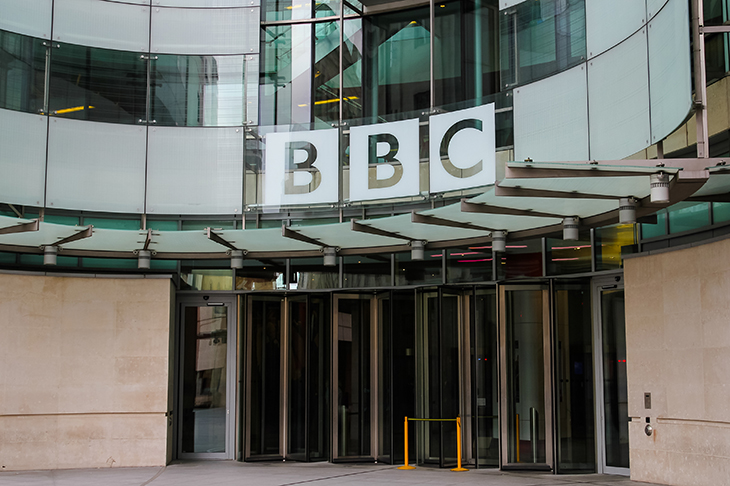
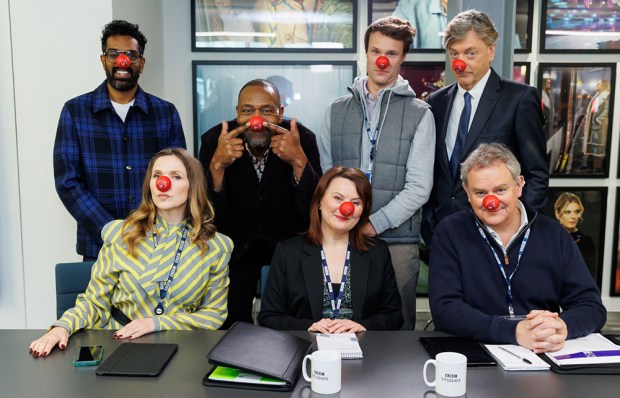
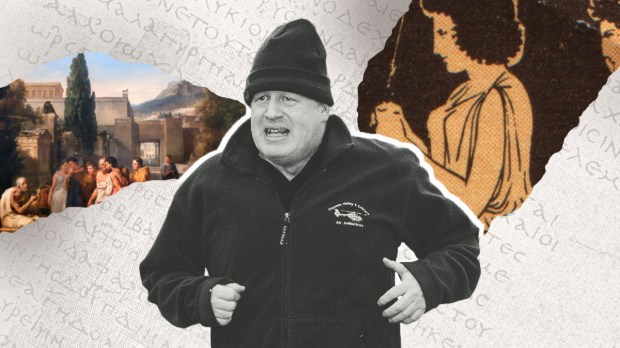
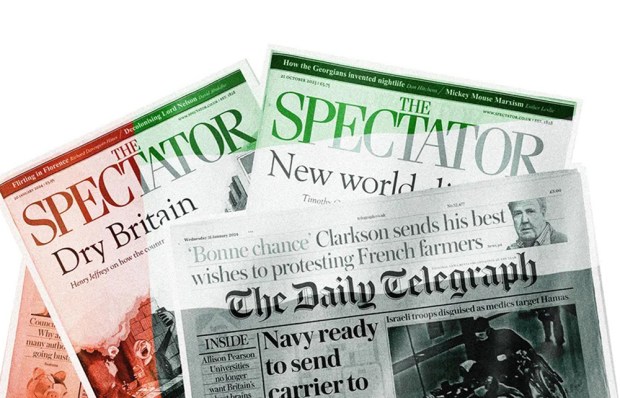
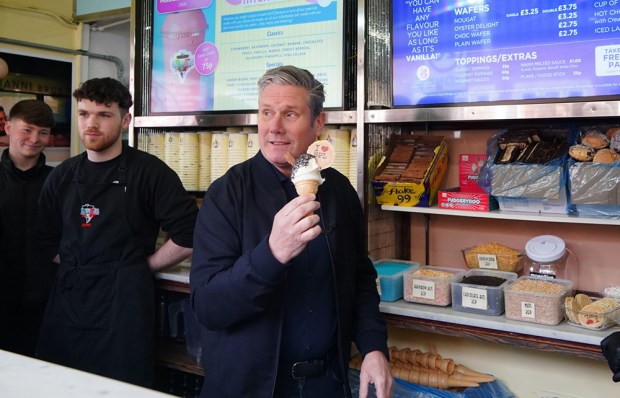
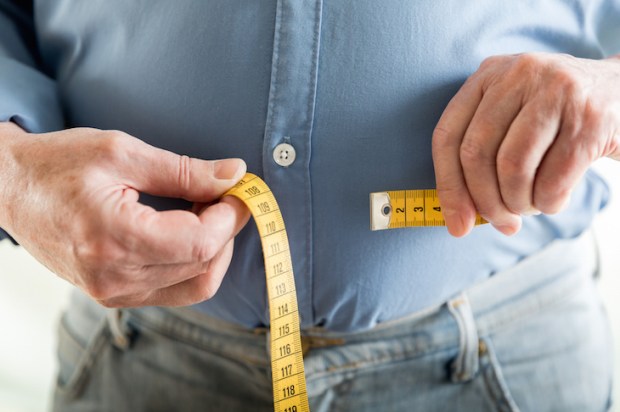







Comments
Don't miss out
Join the conversation with other Spectator Australia readers. Subscribe to leave a comment.
SUBSCRIBEAlready a subscriber? Log in